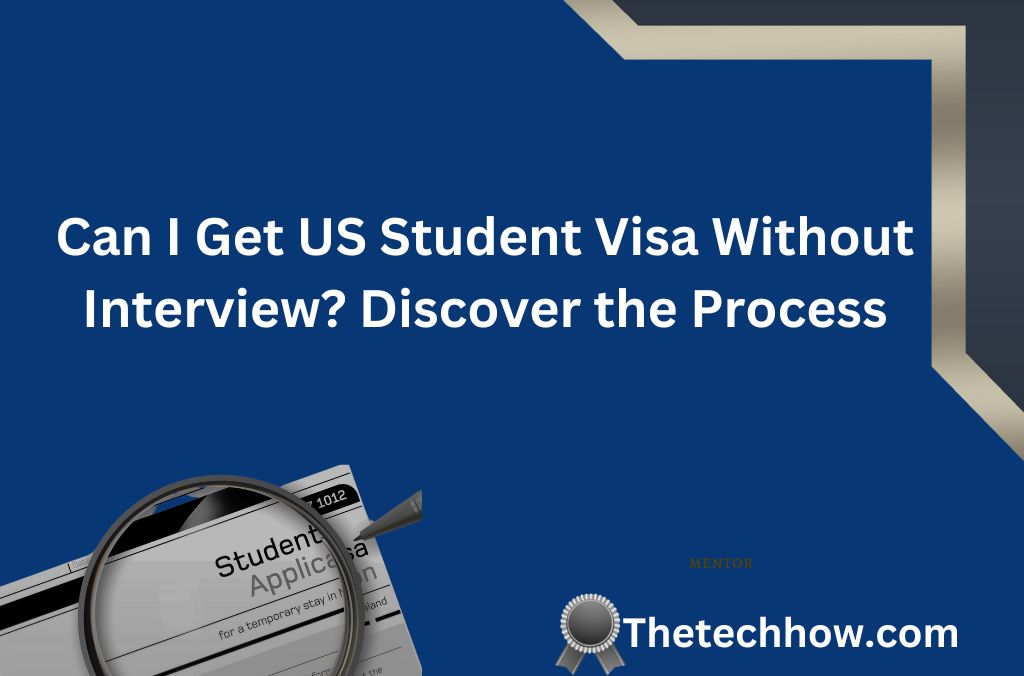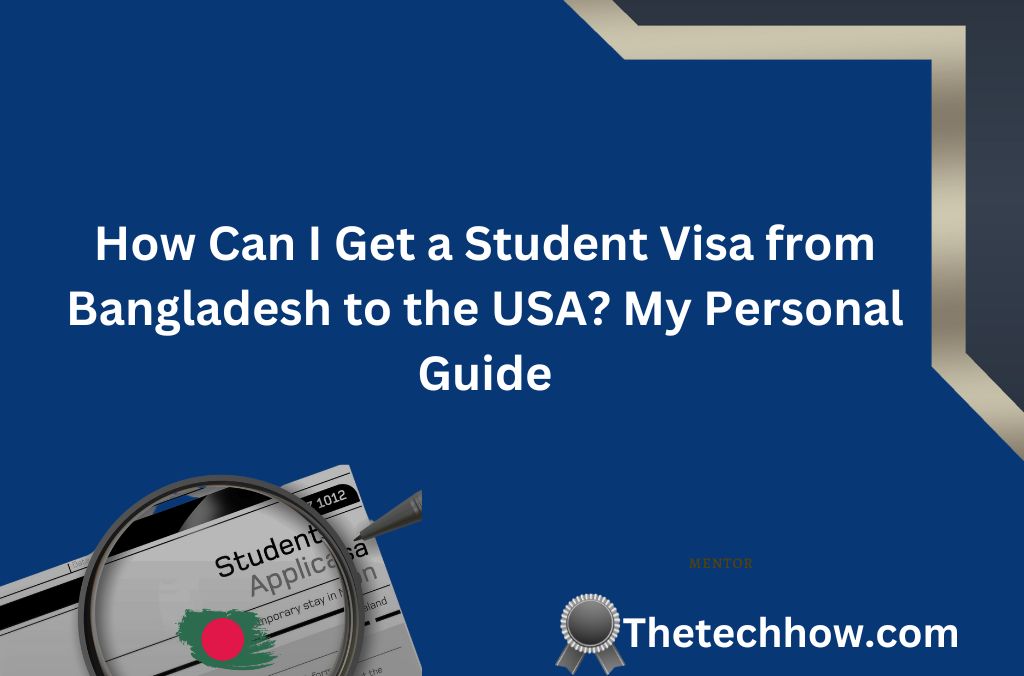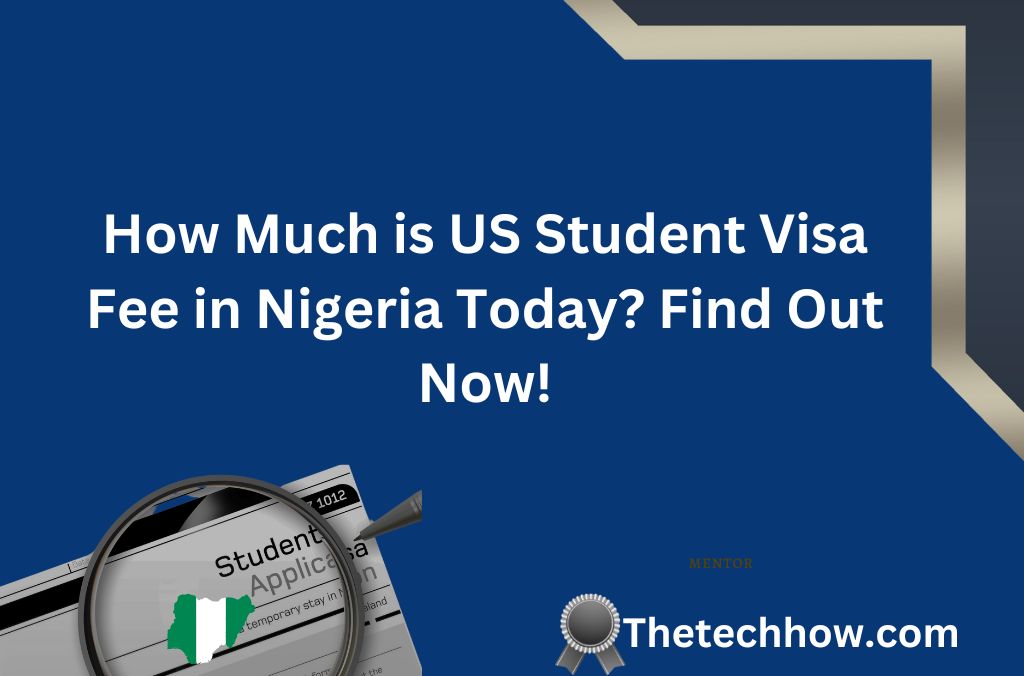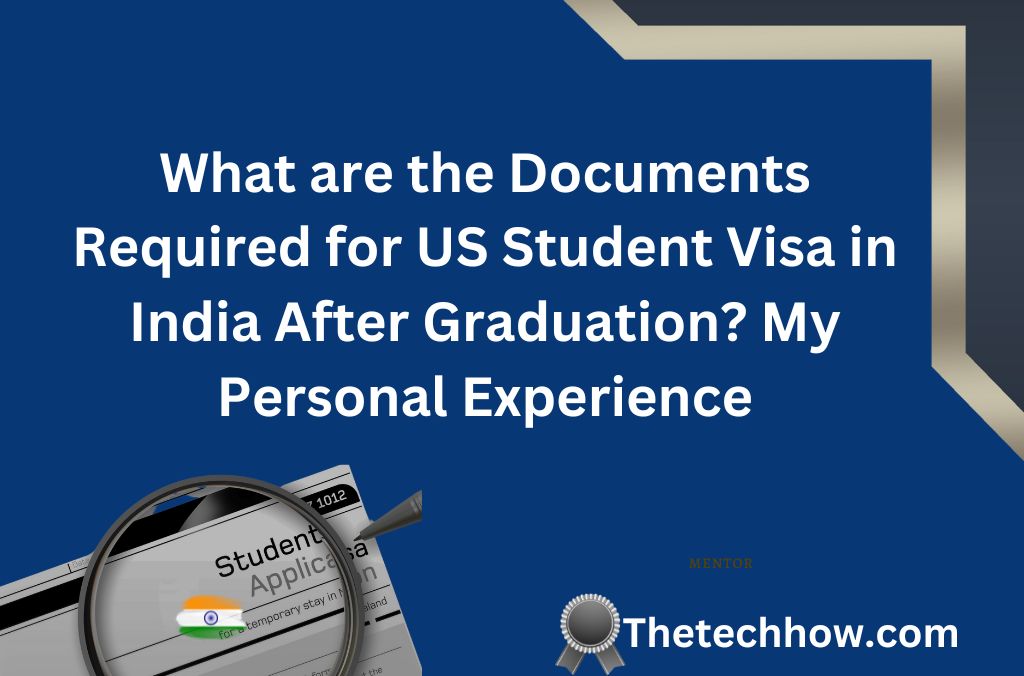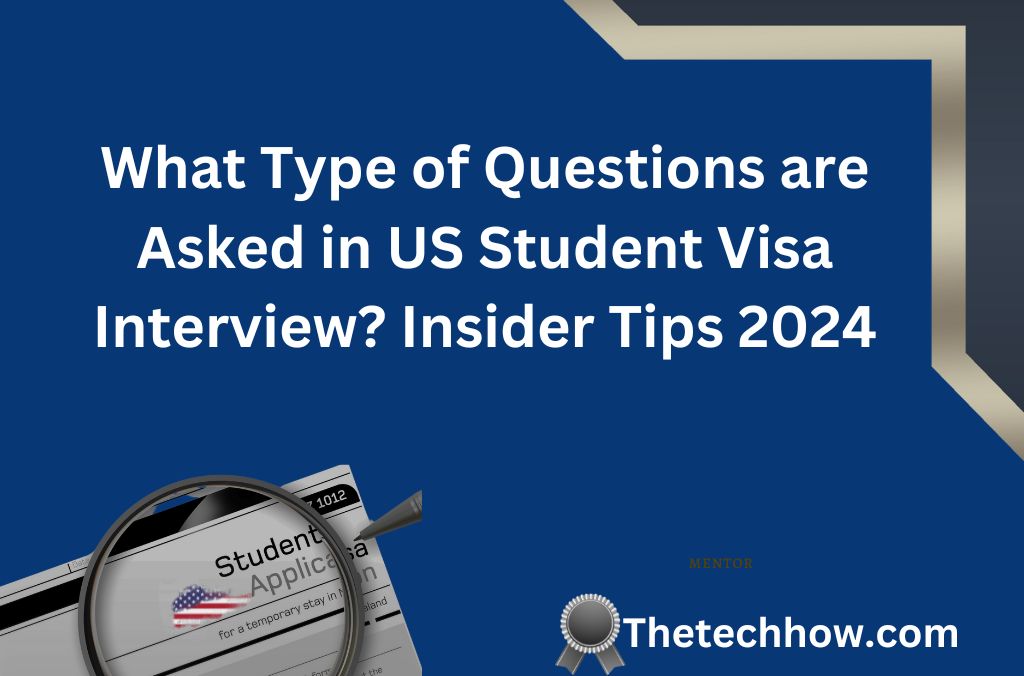Yes, you can get a U.S. Student visa without an interview under certain conditions. Eligibility depends on the type of visa and specific criteria.
Securing a U. S. Student visa typically involves an interview, but exceptions exist. Students renewing visas or applicants from certain age groups may qualify for an interview waiver. This waiver applies to F, M, and J visa categories.
To benefit, you must meet specific criteria set by the U.S. Embassy or Consulate. These conditions can include having a prior visa in the same category or being under a certain age. Checking the official U. S. Department of State website for the latest guidelines is crucial. This process can save time and streamline your visa application experience.
Introduction To Us Student Visa
Gaining admission to a US university is a dream for many students. But before you can start classes, you need a US student visa. This visa allows you to study legally in the United States.
Importance Of Student Visa
A student visa is essential for international students in the US. It ensures you can stay in the country while pursuing your studies. Without this visa, you cannot legally attend school in the US. The visa also provides certain rights and protections. It allows you to work part-time on campus. It also lets you travel in and out of the US.
General Requirements
To get a student visa, you need to meet specific requirements. Here are the general requirements:
- A valid passport.
- An acceptance letter from a US school.
- Proof of financial support.
- A completed visa application form.
- A recent photograph.
These documents are crucial for the visa application process. Make sure all information is accurate and up-to-date. Any errors can delay your visa approval.
Interview Waiver Program
The Interview Waiver Program allows certain applicants to get a US student visa without an interview. This can save time and stress for students. Understand the eligibility criteria and benefits below.
Eligibility Criteria
To qualify for the Interview Waiver Program, applicants must meet specific requirements:
- Must be renewing a previous visa.
- Previous visa must still be valid or expired within the last 48 months.
- Must be applying for the same visa category.
- Must be applying from their home country.
- Must have no prior visa refusals.
Benefits Of The Program
The Interview Waiver Program offers several advantages:
- Saves Time: No need to schedule and attend an interview.
- Reduces Stress: Eliminates the pressure of an in-person interview.
- Convenience: Simplifies the visa renewal process.
- Cost-Effective: Reduces travel expenses for interviews.
Below is a table summarizing the key points:
| Criteria | Details |
|---|---|
| Visa Status | Renewing previous visa, still valid or expired within 48 months |
| Visa Category | Must be the same category as previous visa |
| Location | Applying from home country |
| Prior Refusals | No prior visa refusals |
Application Process
Getting a US student visa without an interview can be a complex process. Understanding each step and required documents is crucial.
Step-by-step Guide
- Check Eligibility: Ensure you meet the criteria for interview waiver.
- Complete Form DS-160: Fill out the online visa application form.
- Pay Visa Fee: Pay the required visa application fee.
- Schedule Appointment: Book an appointment if necessary, to submit documents.
- Submit Documentation: Submit your documents at the designated location.
- Wait for Approval: Wait for the visa processing and approval.
Required Documentation
Having the correct documents is essential for the application process. Here is a list of what you will need:
- Valid Passport: Your passport must be valid for at least six months beyond your stay.
- Form DS-160 Confirmation: A printed confirmation page of the DS-160 form.
- Visa Fee Receipt: Proof of payment of the visa application fee.
- Photo: A recent passport-sized photo meeting US visa requirements.
- I-20 Form: Provided by your US educational institution.
- Financial Documents: Proof of sufficient funds to cover your education and stay.
- SEVIS Fee Receipt: Proof of payment of the SEVIS fee.
- Academic Transcripts: Records of your previous academic achievements.
- English Proficiency Test Scores: Scores from tests like TOEFL or IELTS.
Ensure all documents are accurate and up-to-date. Missing or incorrect information can delay your visa process.
Consular Processing
Consular processing is a vital step for obtaining a US student visa. This process involves working with a US consulate or embassy. It is crucial to understand the role of the consulate and the requirements for interviews.
Role Of Consulate
The consulate plays a key role in the visa application process. They review your application and ensure all documents are in order. The consulate also conducts interviews to verify the applicant’s intentions. Their approval is necessary for your visa.
- Reviewing applications
- Ensuring documents are complete
- Conducting interviews
- Verifying applicant’s intentions
Required Interviews
Interviews are typically required for US student visas. These interviews assess your eligibility and intentions. They help consular officers decide on your application.
| Type | Age | Interview Required |
|---|---|---|
| Student Visa | 14-79 | Yes |
| Student Visa | Below 14 or Above 79 | No |
Sometimes, interviews can be waived under specific conditions. Check with the consulate for details. Always be prepared for an interview to increase your chances.
Exceptions And Exemptions
Many students ask, “Can I get a U.S. student visa without an interview?” The answer is yes, but only in specific cases. Understanding the exceptions and exemptions can save you time and stress.
Who Qualifies For Waiver?
Not everyone needs an interview for a U.S. student visa. Here are the qualifying criteria:
- Applicants under 14 or over 79 years old.
- Previous visa holders applying for the same type of visa.
- Applicants from countries with low visa rejection rates.
Special Circumstances
Some situations allow for an interview waiver. These special circumstances include:
| Condition | Details |
|---|---|
| Medical Emergencies | Applicants with urgent medical needs. |
| Academic Programs | Students in time-sensitive programs. |
| Security Concerns | Applicants with high-security clearances. |
Always check the latest guidelines. Consult the U.S. embassy or consulate in your country. They can provide detailed information.
Common Challenges
Obtaining a US student visa without an interview can be tough. Many face common challenges that may delay their plans. Knowing these challenges can help you prepare better.
Potential Issues
Here are some potential issues you might face:
- Incomplete Documentation: Missing documents can cause delays.
- Eligibility Criteria: Not meeting criteria can lead to rejection.
- Technical Problems: Online system glitches can disrupt the process.
How To Overcome Them
Follow these steps to overcome common issues:
- Prepare Complete Documents: Ensure all documents are ready.
- Check Eligibility: Verify you meet all visa requirements.
- Technical Support: Contact support for online system issues.
By understanding these challenges and following the steps, you can improve your chances of getting a US student visa without an interview.
Success Stories
Many students dream of studying in the United States. Some wonder if they can get a US student visa without an interview. The answer is yes, and there are many success stories to prove it. Let’s explore some of these inspiring stories.
Case Studies
Here are some real-life examples of students who got their visas without an interview:
| Student Name | Country | University | Visa Type |
|---|---|---|---|
| John Smith | Canada | Harvard University | F-1 Visa |
| Maria Gonzalez | Mexico | MIT | F-1 Visa |
| Chen Wei | China | Stanford University | F-1 Visa |
Lessons Learned
These success stories teach us valuable lessons:
- Strong Academic Records: High grades and test scores matter.
- Complete Applications: Ensure all documents are correct and complete.
- Financial Proof: Show enough funds to cover tuition and living costs.
- Early Application: Apply early to avoid delays.
Credit: www.arise.tv
Tips For A Smooth Process
Getting a US student visa without an interview is possible. But, you must follow some tips to make the process smooth. Here are some essential tips and useful resources to help you.
Preparation Tips
- Gather all required documents: Ensure you have your passport, photo, and DS-160 form.
- Check eligibility: Verify if you qualify for the interview waiver program.
- Pay the visa fee: Complete the payment on the US Embassy’s website.
- Complete the DS-160 form: Fill out the form accurately and double-check for errors.
- Schedule a visa appointment: Even if you might not need an interview, schedule an appointment.
Useful Resources
| Resource | Description | Link |
|---|---|---|
| US Embassy Website | Official information on visa processes and requirements. | Visit |
| DS-160 Form Guide | Step-by-step instructions for completing the DS-160 form. | Visit |
| Visa Fee Payment | Instructions for paying the visa application fee. | Visit |
Following these tips and using these resources can simplify your visa process. Always ensure your information is accurate and complete. This will help avoid delays or rejections.
Conclusion
Securing a U. S. Student visa without an interview is possible under specific circumstances. Always check current regulations. Consult an immigration expert for the latest updates. Preparing all necessary documents increases your chances. Stay informed and proactive to achieve your study abroad goals. Your dream education is within reach. Thanks. Have a Good Day 😌
